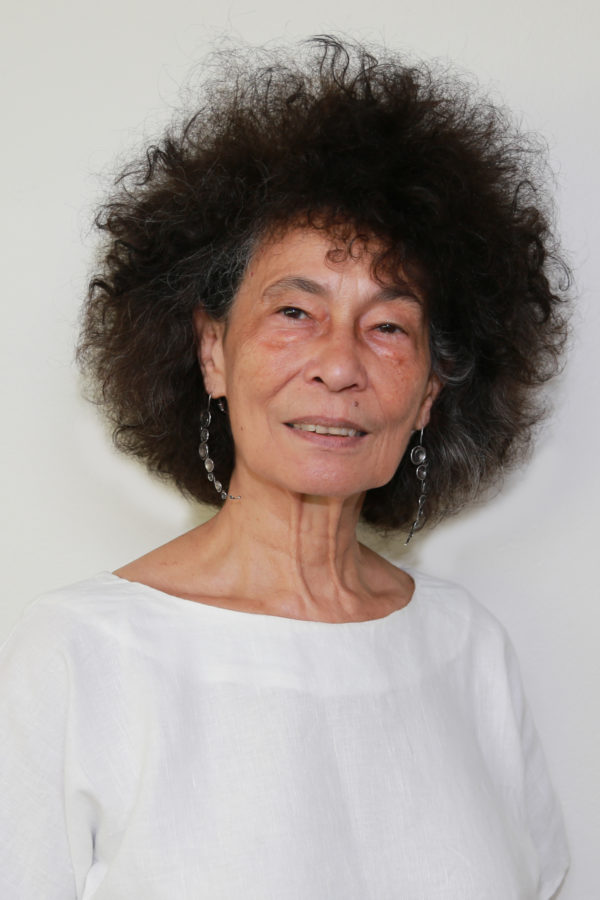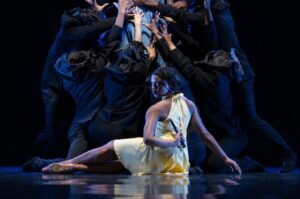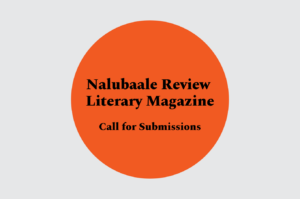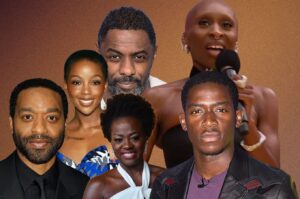
In a new interview in The Johannesburg Review of Books, South African novelist Zoe Wicomb revealed an error by Heinemann in their 1971 publication of Bessie Head’s novel Maru. The interview, excerpted from Wicomb’s new book Race, Nation, Translation: South African Essays, 1990-2013, is conducted by the collection’s editor Andrew van der Vlies and centres on intersectionality and her reading of other writers, including essays on works by J.M. Coetzee, Ivan Vladislavic, Sol Plaatje, Miriam Tlali, Njabulo Ndebele, and Bessie Head.
Here is an excerpt.
_________________________________________________________________________
Andrew van der Vlies:
Indeed. It seems to me, in fact, that we need the modes of reading and rereading you prescribe (and model) now more than ever. Allow me to turn (back) to the literary as space for reading. Your essays frequently deploy examples of cultural production from many media and genres, but you frequently turn back to the literary, including in these essays that we’ve chosen to group together as public-political interventions (or performances). Writers who feature here in particular include Sol Plaatje, Miriam Tlali, Njabulo Ndebele, and—preeminently—Bessie Head. Could you say something about where you first read each of these writers, and what it was about them that interested you? What in particular has Bessie Head meant to you, and why?
Zoë Wicomb:
Yes, I was particularly interested in Bessie Head as the only coloured woman who, at the time that I tried to write, was a published author. Not surprisingly, I had not heard of Head until the early seventies when I came across Maru in the UK; but to my surprise I found that the Heinemann edition had a picture of me on its cover.
Andrew van der Vlies:
Do you have any idea how that came to pass?
Zoë Wicomb:
I later worked out that I had briefly met the photographer in a social situation at the time of publication, but I had no idea that he had taken the (unflattering) picture. Uncannily, and much as I hated the unauthorised use of the picture, I felt an affinity with her; Head’s novel gave me the courage or perhaps permission to write. While I find the homophobia in A Question of Power repulsive, her examination of race and exposure of African discrimination against the Masarwa is extraordinary for being explored within her commitment to Africa. She shows that it is not only possible but essential to be critical of that which you love and are part of. I am also moved by the ways in which she reworked her own tragic life story into fiction, so much more creative than the label of autobiography that critics invariably attach to black women’s writing.
Sol Plaatje’s Mhudi was not only the first African novel written in English, its publication history itself is significant. Edward Said’s injunction about the worldliness of texts as well as the importance of geography in the relationship between politics and culture take on a practical cast in relation to one of the more serendipitous effects of the 1976 Soweto rebellion. The Lovedale Missionary Press, fearful of student vandalism and believing that the rebellion would be confined to the North, moved their archives to Rhodes University in the Eastern Cape. In the process, the original typescript of Mhudi that Lovedale had earlier claimed to have lost, fell into the hands of Witwatersrand scholars Stephen Gray and Tim Couzens, who were at the time working on a reissue of the novel for the Heinemann African Writers Series. Previously dismissed by critics as a dull co-opted colonial offering, Mhudi turned out to have been severely bowdlerised, Lovedale Press having pressed the novel into a European realist mode. Thus Plaatje’s attempts at translation of traditional African forms into a Western novel by introducing a storyteller who passes on the history to a narrator, or by incorporating various elements of orality, including folktales, had been compromised. For me it was wonderful to be able to teach South African students about the translation of traditional forms and its contribution to theories of postcolonial hybridity.
_________________________________________________________________________
Read the full interview on The JRB.









COMMENTS -
Reader Interactions